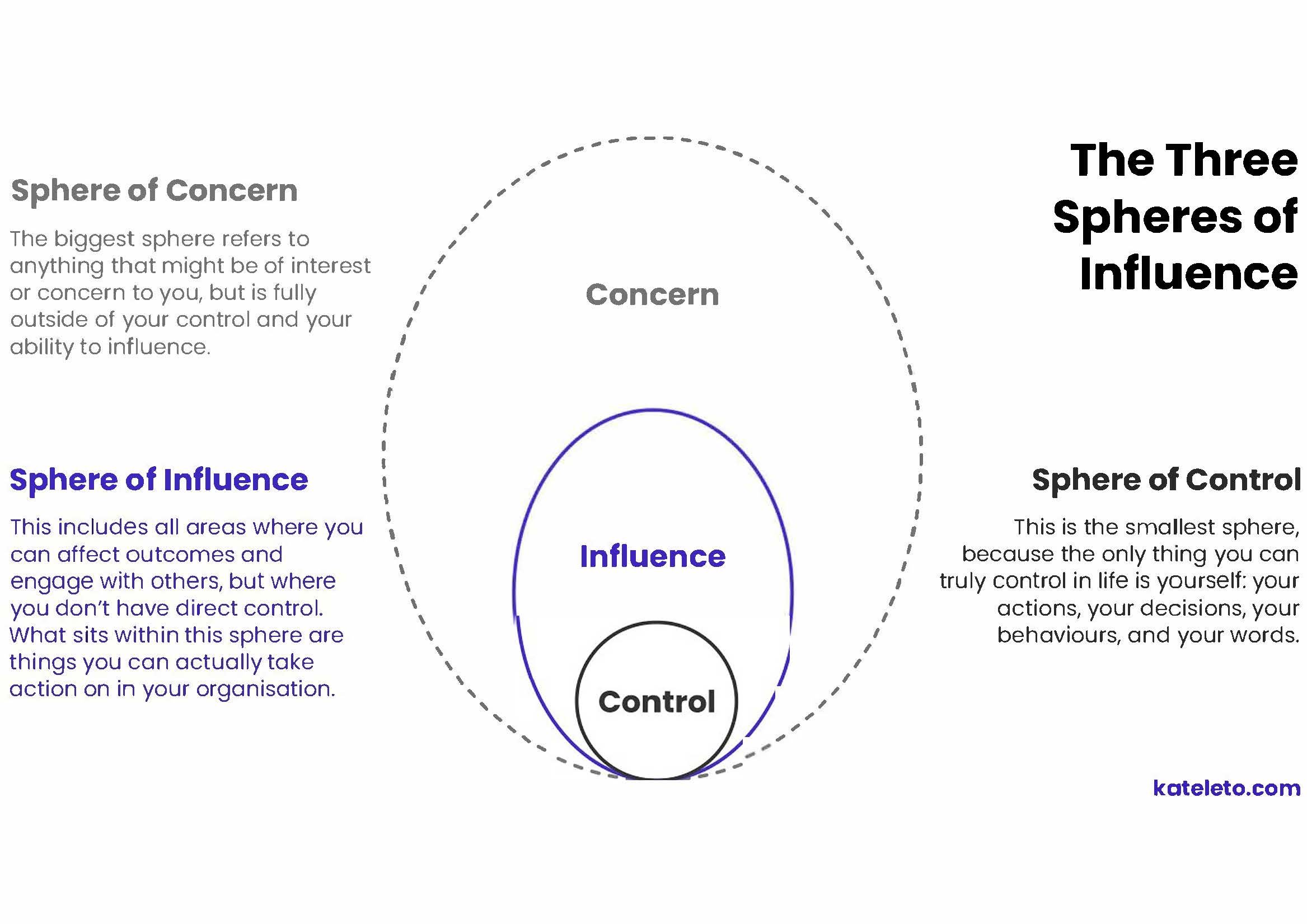TikTok's Influence On ADHD Perceptions: A Growing Concern

Table of Contents
Misinformation and Misrepresentation of ADHD on TikTok
The accessibility of TikTok presents a double-edged sword regarding ADHD. While it can foster community and understanding, it also facilitates the spread of misinformation and misrepresentation of the condition.
Inaccurate Diagnoses and Treatment Advice
TikTok's algorithm often pushes users towards content related to their interests, potentially creating echo chambers where inaccurate information about ADHD diagnosis and treatment proliferates. This leads to several significant risks:
- Examples of misleading trends: Videos promoting self-diagnosis based on symptom checklists, advocating for unproven treatments like specific diets or supplements without medical oversight, and suggesting medication changes without consulting a doctor.
- Consequences of following inaccurate advice: Delayed or improper treatment, worsening of symptoms, potential adverse reactions to unregulated treatments, and financial burdens from ineffective or harmful products.
- Lack of professional oversight: The absence of qualified healthcare professionals verifying information shared on TikTok means users are exposed to potentially dangerous advice without the benefit of professional scrutiny. This is particularly concerning given the use of keywords like "TikTok ADHD diagnosis" and the resulting ease of finding self-diagnosis content.
Glorification and Romanticization of ADHD Symptoms
Another concerning trend is the romanticization of certain ADHD symptoms. While neurodiversity is increasingly celebrated, the portrayal of ADHD on TikTok sometimes glosses over the significant challenges faced by many individuals:
- Examples of trends glorifying inattentiveness or hyperactivity: Videos portraying hyperfocus as a superpower, or inattentiveness as quirky charm, often neglecting the struggles with executive function, time management, and emotional regulation that frequently accompany ADHD.
- Counterarguments highlighting the negative impacts: These romanticized portrayals can minimize the difficulties of living with ADHD, potentially discouraging individuals from seeking help and leading to self-stigmatization.
- Potential for stigmatization: While promoting acceptance of neurodiversity is positive, the selective focus on positive aspects of ADHD risks creating a skewed perception that excludes the struggles of many individuals. Searching "TikTok ADHD trends" reveals many examples of this, highlighting the need for more balanced representation.
The Impact of TikTok Trends on ADHD Self-Perception and Mental Health
The pervasive nature of TikTok trends can significantly impact an individual's self-perception and mental health, particularly concerning ADHD.
Increased Anxiety and Self-Doubt
The idealized portrayals of ADHD on TikTok can lead to increased anxiety and self-doubt:
- Comparison between online portrayal and reality: Individuals might compare their experiences to the often-filtered and curated content online, leading to feelings of inadequacy if their symptoms don't perfectly align with the idealized version.
- Impact on self-esteem: Constantly seeing seemingly effortless success or idealized versions of ADHD can negatively impact self-esteem and contribute to feelings of failure or being "less ADHD." This is reflected in the increased search volume for "ADHD anxiety" and "self-esteem ADHD."
- Potential for increased mental health issues: The pressure to conform to an unrealistic standard can worsen existing mental health conditions or trigger new ones.
Pressure to Conform to Online ADHD Narratives
TikTok's emphasis on trends and conformity can create pressure to align with specific online narratives about ADHD:
- The influence of social media trends: Individuals might feel compelled to adopt certain behaviors or perspectives simply because they're trending, regardless of whether they accurately reflect their own experiences.
- Impact on self-identity: The pressure to conform can make it difficult for individuals to develop a genuine and authentic understanding of their own ADHD and their identity.
- The importance of individual experiences: It's crucial to remember that everyone's experience with ADHD is unique and shouldn't be defined by online trends. This is particularly relevant to discussions around "ADHD identity" and the "online community ADHD."
The Role of TikTok Creators and Platforms in Addressing the Issue
Addressing the issue requires a collaborative effort from TikTok creators, the platform itself, and users.
Responsibility of Content Creators
TikTok creators discussing ADHD bear a significant responsibility to ensure they're providing accurate and helpful information:
- Importance of accurate information: Creators should prioritize disseminating evidence-based information, clearly stating when they are sharing personal experiences rather than professional advice.
- Promoting seeking professional help: Creators should consistently encourage viewers to seek professional help from qualified healthcare providers for diagnosis and treatment.
- Avoiding sensationalization: Creators should avoid exaggerating or sensationalizing aspects of ADHD to attract views, focusing instead on providing balanced and informative content. This includes responsible use of keywords like "responsible TikTok content" and "ADHD creators."
Platform Accountability and Content Moderation
TikTok also has a crucial role to play in managing misinformation:
- Effectiveness of current strategies: TikTok's current content moderation policies need further review and improvement to better identify and remove harmful or misleading content related to ADHD.
- Suggestions for improvement: Enhanced algorithms to detect and flag misinformation, improved fact-checking mechanisms, and partnerships with mental health organizations are needed to ensure accuracy.
- Need for better fact-checking mechanisms: Implementing stricter guidelines and mechanisms for verifying information related to health and mental health conditions is crucial. This is directly related to concerns around "TikTok algorithms," "content moderation," and "misinformation control."
Conclusion
TikTok's influence on ADHD perceptions is undeniable, and the potential risks associated with misinformation and unrealistic portrayals are significant. The platform's ease of access and algorithms contribute to the spread of inaccurate information about diagnosis, treatment, and the lived experience of ADHD. This can lead to increased anxiety, self-doubt, and pressure to conform to unrealistic online narratives, negatively impacting mental health. Responsible content creation, improved platform moderation, and critical engagement from users are crucial to mitigating these risks. Be aware of TikTok's influence on your perception of ADHD and always seek professional help for diagnosis and treatment. Responsible engagement with TikTok content regarding ADHD is crucial for your mental well-being.

Featured Posts
-
 Jeff Goldblum On Altering The Flys Ending His Reasons Revealed
Apr 29, 2025
Jeff Goldblum On Altering The Flys Ending His Reasons Revealed
Apr 29, 2025 -
 Ftcs Appeal Could Block Microsofts Activision Blizzard Acquisition
Apr 29, 2025
Ftcs Appeal Could Block Microsofts Activision Blizzard Acquisition
Apr 29, 2025 -
 Ftcs Appeal Could Delay Or Block Microsoft Activision Deal
Apr 29, 2025
Ftcs Appeal Could Delay Or Block Microsoft Activision Deal
Apr 29, 2025 -
 Family Appeals For Information On Missing British Paralympian In Las Vegas
Apr 29, 2025
Family Appeals For Information On Missing British Paralympian In Las Vegas
Apr 29, 2025 -
 Study Reveals Increased Adhd Rates In Adults With Autism And Intellectual Disability
Apr 29, 2025
Study Reveals Increased Adhd Rates In Adults With Autism And Intellectual Disability
Apr 29, 2025
